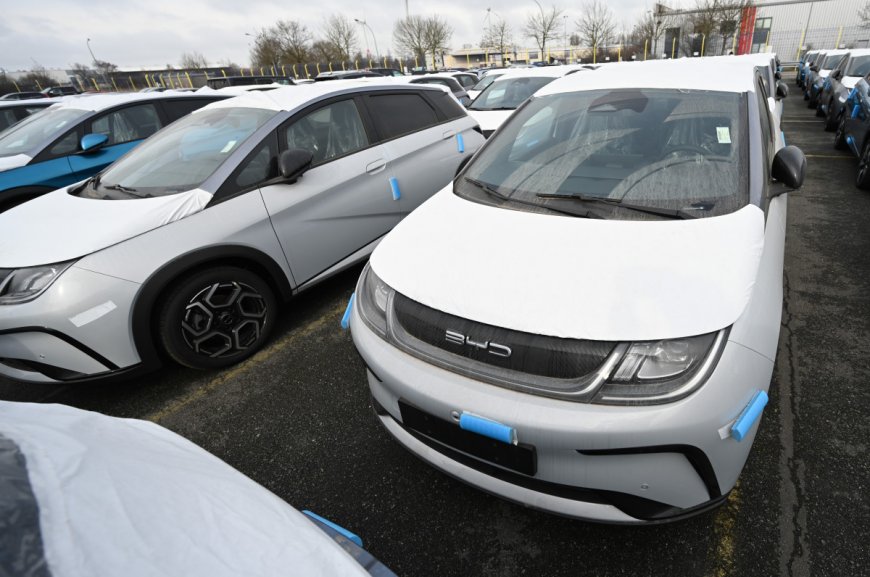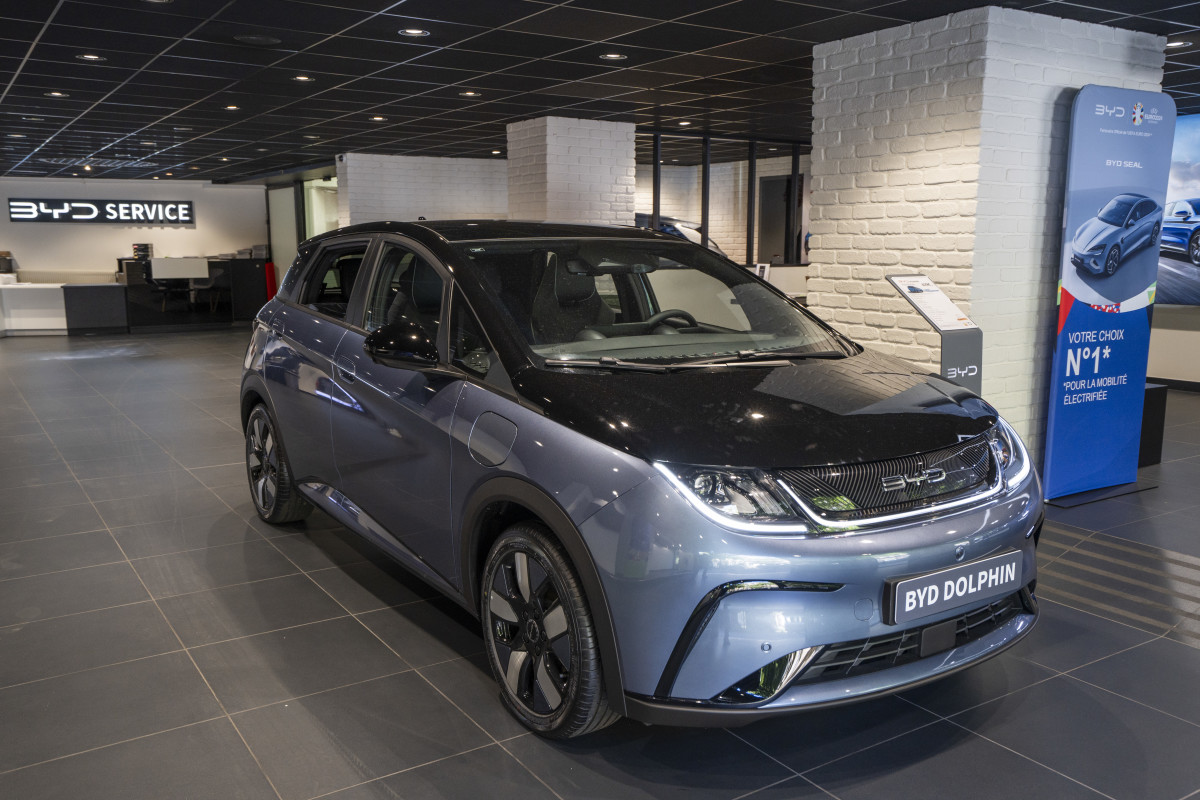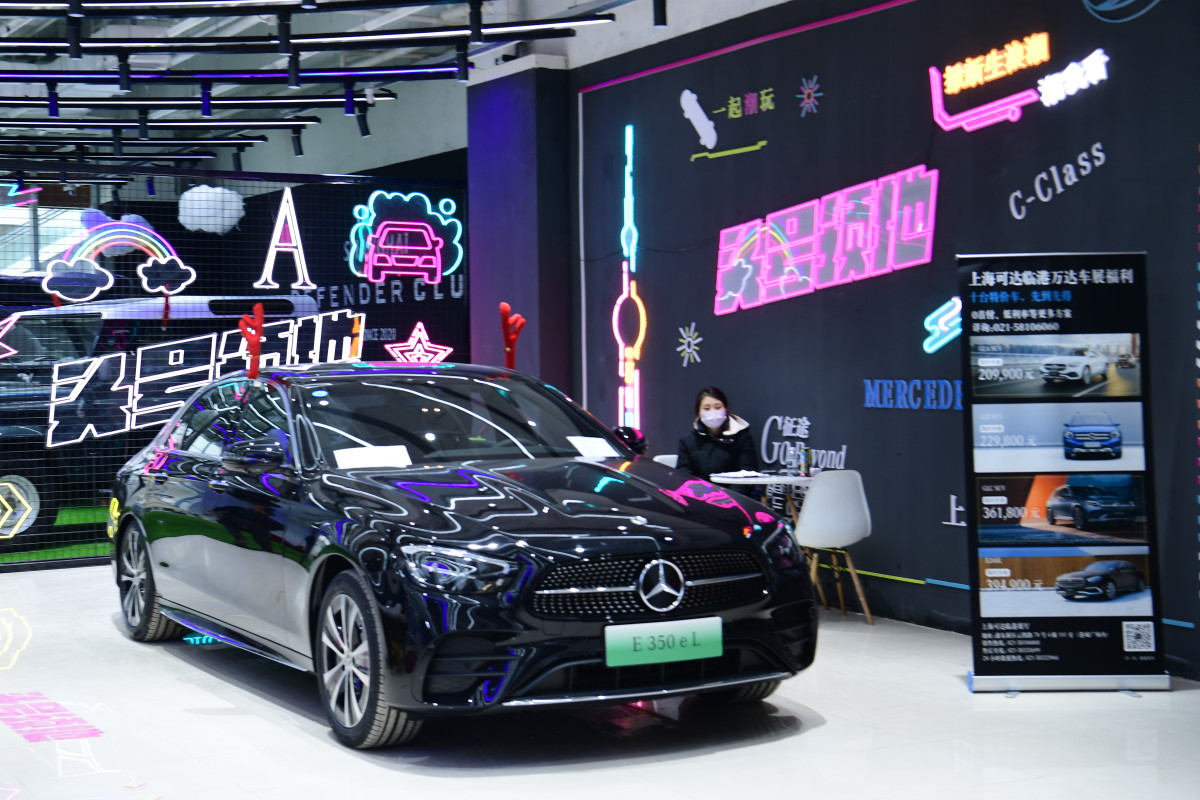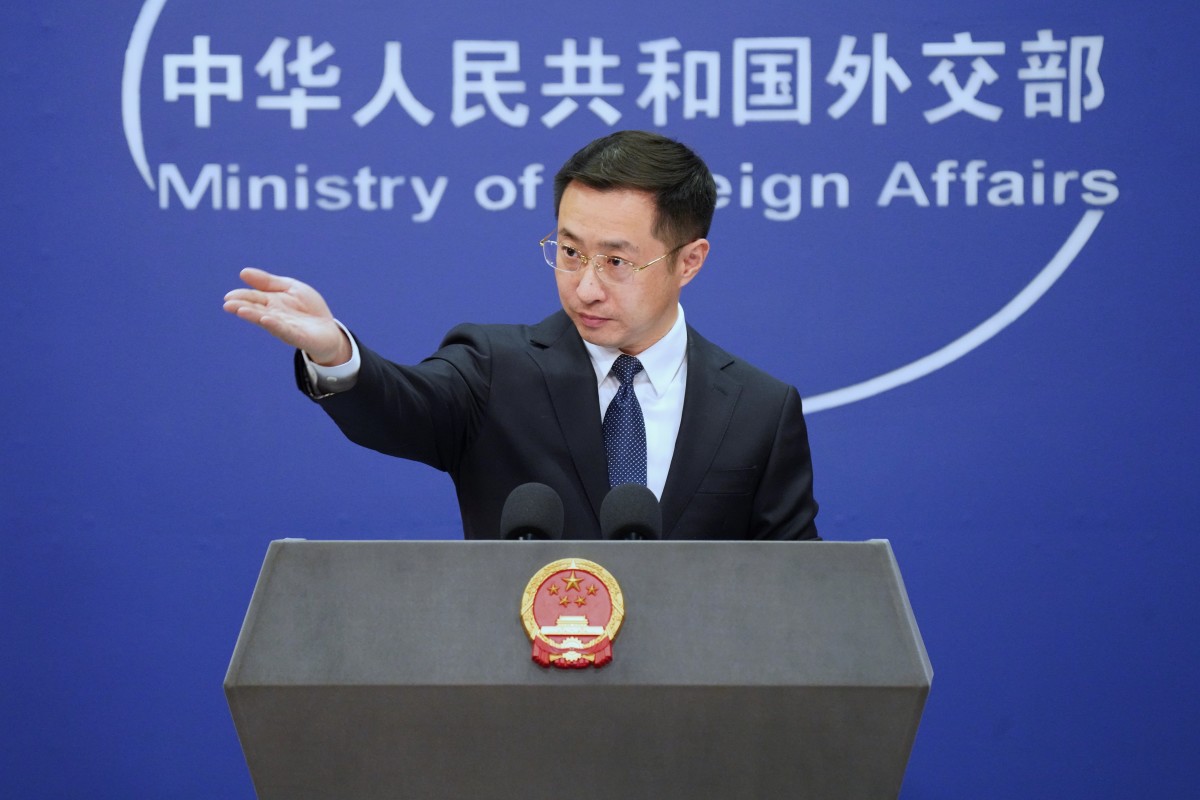Germany automakers seek solution to big Chinese EV problem
German government officials and carmakers are at odds with EU rules.

On June 12, the European Commission found that the supply chain behind the burgeoning Chinese EV industry benefits from unfair government subsidies, which can threaten European automakers. As a result, starting on July 4, Chinese EVs imported into the EU will face additional tariffs of up to 38.1% on top of current imported vehicle duties of 10%.
Related: Tesla gets special treatment with EU's Chinese EV tariffs
Though the tariffs set by the European Commission are meant to protect Germany's automakers from 'unfair' Chinese competition, a new report shows that government officials are looking to prevent or mitigate the impact of the new tariffs. 
Germany is at odds with the EU over EVs
Sources told Bloomberg on June 14 that the German government, under Chancellor Olaf Scholz, is working to prevent the EU's new tariffs from coming into effect on July 4 or mitigate their effects.
According to them, government officials are optimistic that they will find a solution with Chinese counterparts through direct talks.
Related: Taxpayer subsidies for other people's EVs have reached an insane threshold
Before the EU Commission's announcement on June 12, German officials argued that there was still room to negotiate with their Chinese counterparts before the tariffs took effect on July 4.
“We still have a bit of time until July 4,” deputy German government spokesman Wolfgang Büchner said. “It would be very desirable if we could come to an amicable solution.”
German Economy Minister Robert Habeck is traveling to China the week of June 17 and plans to discuss the issue with government officials in Beijing. Shortly after the EU Commission's decision was made, he told the German media that "tariffs are always only the last resort as a political measure and are often the worst option," adding that talks need to happen with Beijing immediately.
German automakers are caught in the crossfire of EU's Chinese EV tariffs
According to a report by Reuters, German automakers Mercedes-Benz, BMW, and Volkswagen --one of the world's largest-- made a third of their sales in the People's Republic.
Additionally, all three of these automakers have joint ventures with Chinese carmakers that produce vehicles locally with their respective badging.
More Business of EVs:
- New study suggests EVs are supercharging an impending environmental crisis
- GM President has bold plans for an iconic sports car's EV resurrection
- Ford CEO says this iconic model will "never" be an EV
One vehicle affected by the tariffs is a vehicle made by BMW's Mini brand.
The Mini Cooper SE is an electric version of the Mini Cooper city car produced through a joint venture between parent company BMW and Chinese automaker Great Wall Motor.
The stylish runabout is currently produced in China and exported to the EU market, but since the joint venture was not reported to the EU Commission during its investigation, units landing after July 4 will be subject to a 38.1% tariff if a deal is not struck before July 4.
In a March 2024 interview, Mercedes-Benz CEO Ola Källenius proposed that the EU Commission should lower tariffs on Chinese-made EVs to incentivize competition between continental automakers and their Chinese rivals.
“Don’t raise tariffs,” Källenius said. “I’m a contrarian; I think to go the other way around: take the tariffs that we have and reduce them … that is the market economy. Let competition play out.”
The Chinese Response to EU tariffs
On June 13, CCP-backed newspaper Global Times, noted that the Chinese Foreign Ministry spokesperson Lin Jian urged the European Commission to "listen to the rational voices from all sides and immediately correct its wrong practice."
"China has principles that it must safeguard, that is, WTO rules and market principles. China also has interests it must protect, that is, the legitimate rights and interests of Chinese EV industry and enterprises," spokesperson Lin said.
In the same report, the state-owned newspaper reported that Chinese companies would file an application with their Ministry of Commerce for an "anti-dumping probe into certain EU pork and dairy products" in retaliation for the Commission's decision.
Related: Veteran fund manager picks favorite stocks for 2024
What's Your Reaction?


























































